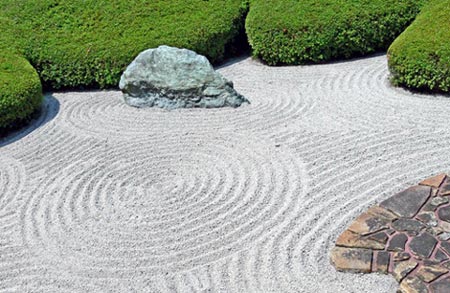
Happiness is an elusive bird that we all wish to catch. Consciously or unconsciously we are striving for happiness in both our inner and outer lives; but, what is that really gives us happiness? If we can know the source of permanent and abiding happiness we can help to make it a reality.
Happiness is as a butterfly which, when pursued, is always beyond our grasp, but which if you will sit down quietly, may alight upon you.
– Nathaniel Hawthorne:
Self Giving
It is a tendency of the mind to feel that happiness is in the fulfilment of our desires and pleasing our self. However, when we pursue our own selfish interests, happiness remains strangely elusive. Through self giving we can learn the real art of happiness. Self giving is an unconditional offering to others. Through self giving we enlarge our sense of self; self-giving helps us to identify with a larger, vaster consciousness. It is through self giving that we can learn the true meaning of oneness with others. Oneness is another name for love. If we feel others as part of our own self, is this not real love? It is this expansion of consciousness that is a source of abiding happiness. It is not the selfish human love that demands and expects from others.
I am very happy
Because I have conquered myself
And not the world.I am very happy
Because I have loved the world
And not myself.
– Sri Chinmoy
Peace of Mind
Peace of mind means that we are at peace with ourself. Peace of mind means that we are not striving and pushing to be something we are not. To have peace of mind we need to be able to control our thoughts; it is only our own thoughts that can rob us of peace mind. If we depend upon the appreciation and respect of others, we will never have peace of mind. To make peace of mind a permanent reality we need to control our thoughts and think of others, not just our own self.
Gratitude
Gratitude is cheerful acceptance. Gratitude brings to the fore our best positive qualities. If we can have a sincere feeling of gratitude for even the smallest of events we are taking the positive cheerful frame of mind. If we have no gratitude we develop a feeling of self sufficiency. This self sufficiency creates feelings of both pride and insecurity. Gratitude is the most effective remedy for these emotions. In gratitude we give due value to others and also the natural wonders of the world.







